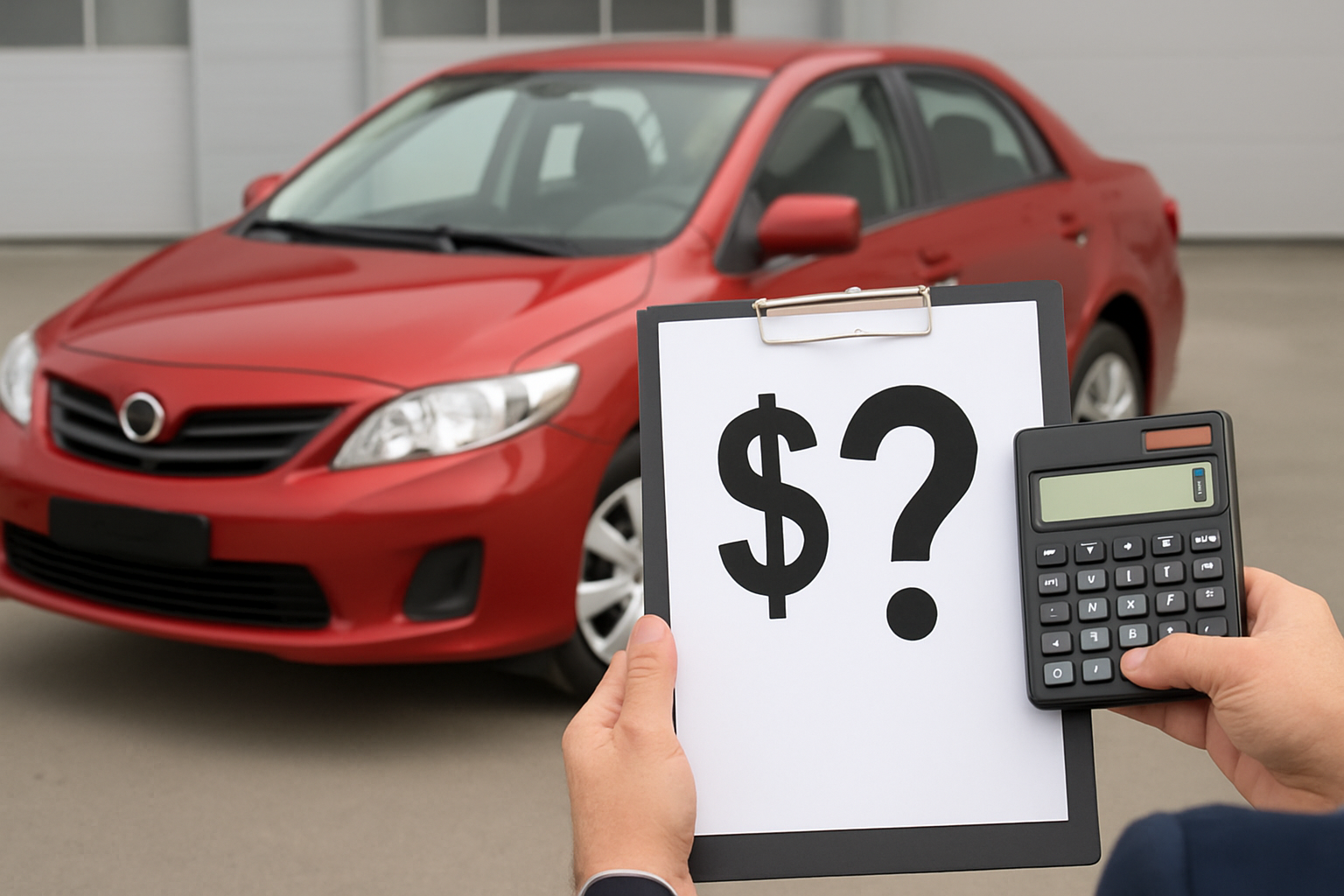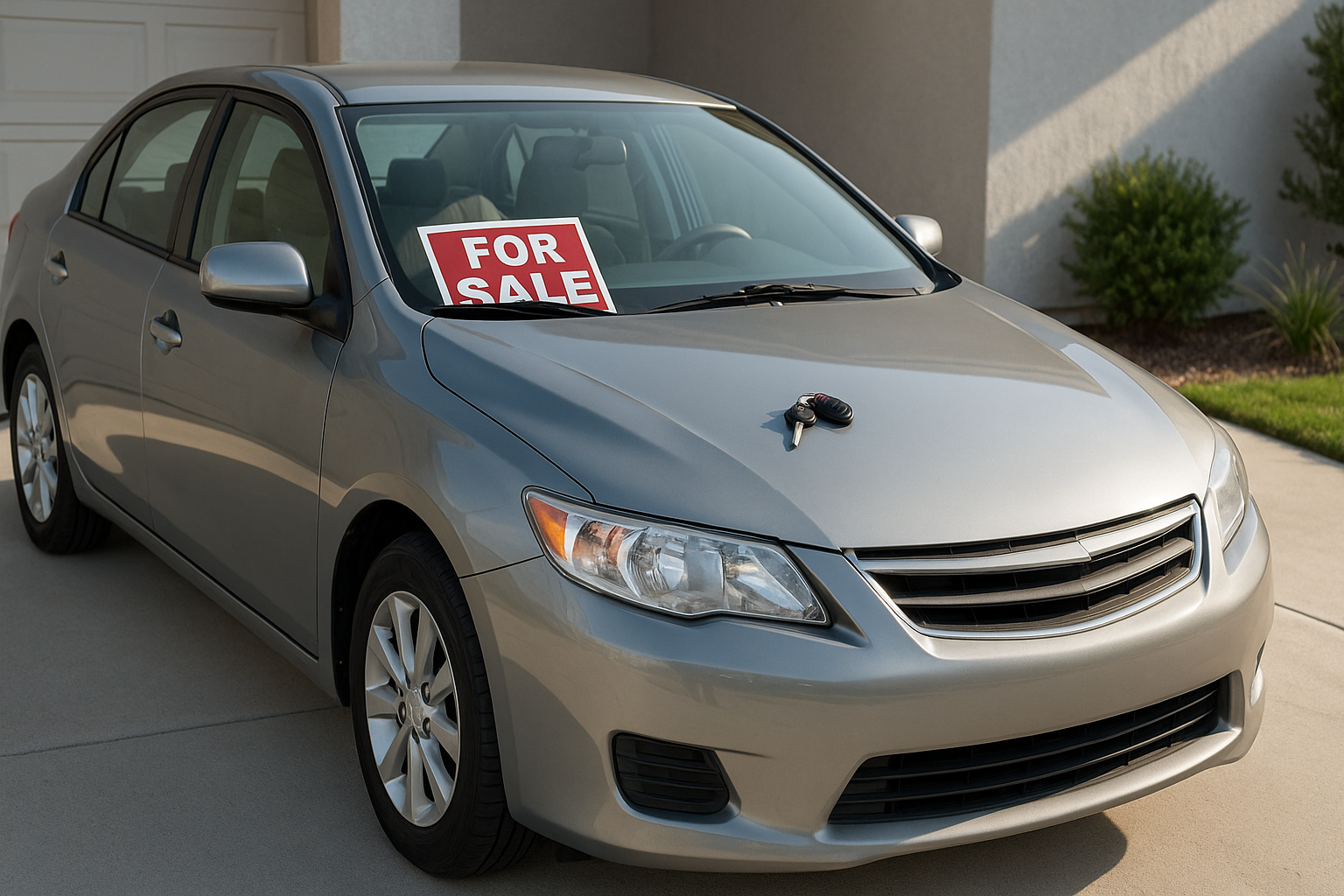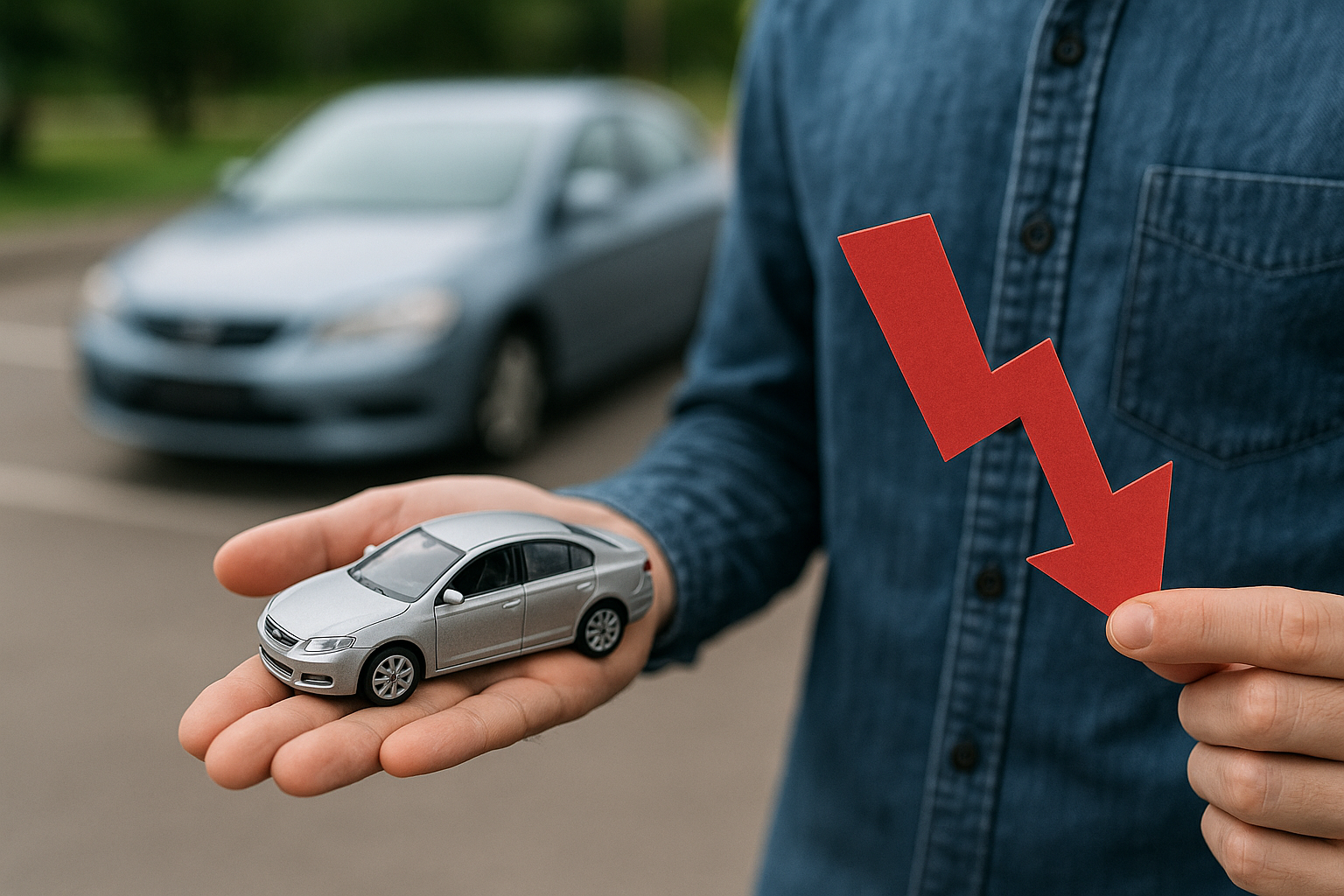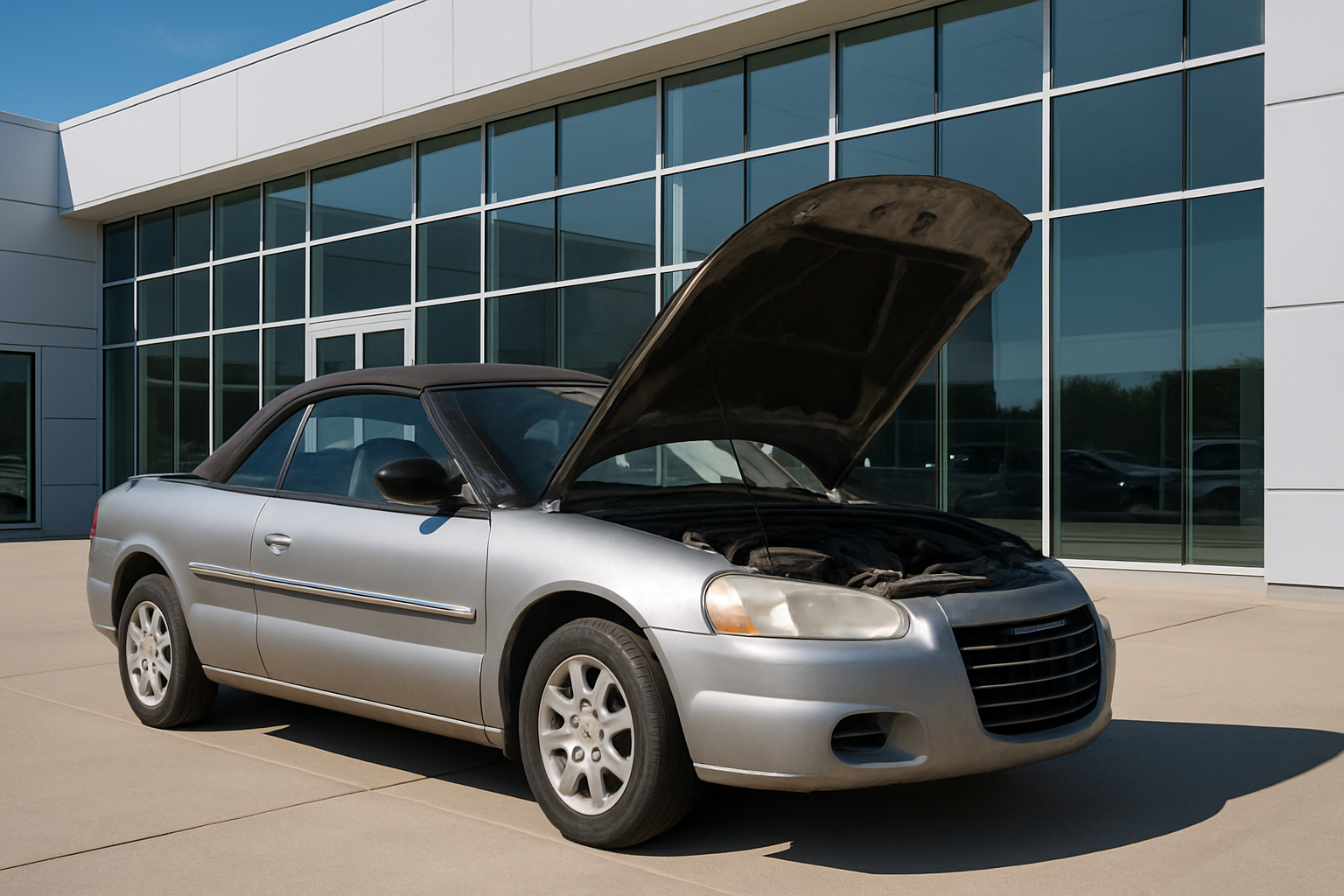Determining your car's value can be the main factor when considering selling, trading, or refinancing your vehicle. A car's worth can vary based on several factors, and understanding these can help you make informed decisions. This guide will walk you through the essential steps and considerations for accurately estimating the value of your car.
Effective Ways to Estimate the Value of Your Car
Estimating your car's value requires a smart approach. Start with gathering comprehensive details about your vehicle. Utilize online pricing guides and check the current market for similar cars. Keep in mind that local market conditions, vehicle conditions, and optional equipment can significantly affect your car's market value. By combining these elements, you'll obtain a more accurate picture of your car's worth. Transitioning from evaluation to action, consider the advantages of selling your car directly to maximize the return. Analyzing used car trends will further align your expectations with the true market value. This preparation ensures you command the best price for your vehicle, optimizing the money received from your purchase.
To improve your car's estimated value, review many pricing guides and compare their values to account for any differences. This cross-reference approach helps establish a range of values, giving you a more solid knowledge of how much your car is worth. Consider the influence of recent market changes, such as adjustments in consumer preferences or fuel price fluctuations, which might temporarily alter the value environment for specific vehicle types. Engaging with internet forums and local car clubs can also provide information about how similar vehicles are valued in your area. This combination of research and community interaction provides you with the knowledge you need to set realistic, competitive pricing, putting you in a strong position whether negotiating with buyers or considering trade-in offers.
Gathering Information about Your Vehicle
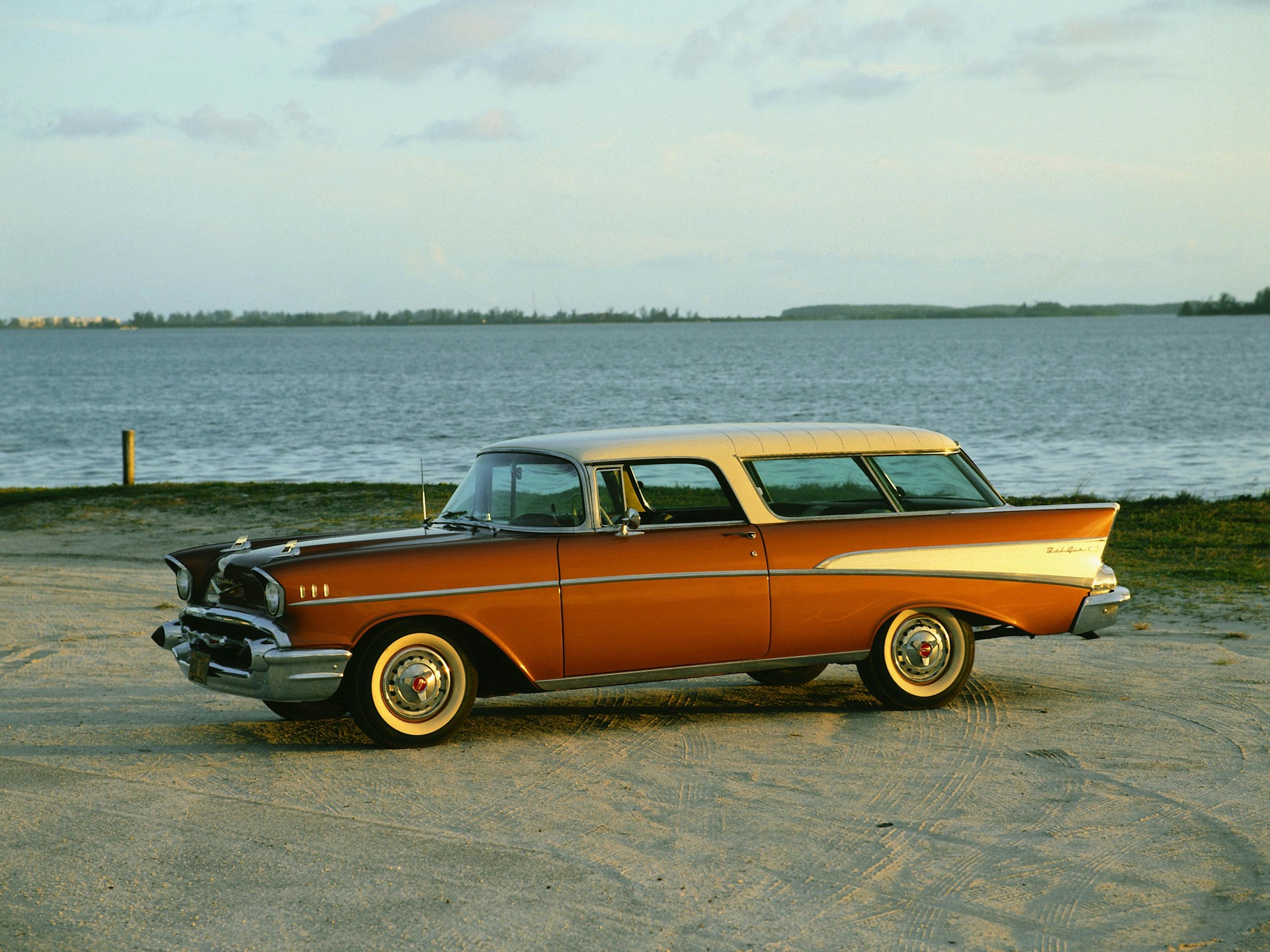
Begin with the basics: note your vehicle's make, model, year, mileage, and vehicle identification number. Consult the owner's manual for details on optional equipment like all-wheel drive, which could increase the car's value. The condition of your car plays a critical role, so assess whether it's in excellent, good, or poor condition. These initial steps are crucial in determining an accurate base value. Further, gather maintenance records and note any recent repairs, as these can enhance your used vehicle's appeal to potential buyers. Understanding the detailed state of your car's condition helps predict how used car shoppers will value it. Additionally, accurately presenting this information can affect the estimated value significantly, influencing negotiations or trade-ins, especially if you are aiming to offset the price of a new car or settle an existing car loan.
Researching Current Car Market Trends
The automotive industry is dynamic, with car prices shifting due to demand, new car releases, and other market forces. Research current market trends, focusing on used car prices for vehicles similar to yours. Understand how factors like high demand for certain models or features can drive up the resale value of similar cars. In this context, the value of your car might also be influenced by local market conditions, which can significantly affect the fair market value. Look through dealer sales records to understand how much used vehicles are currently fetching. Remember, the value can vary based on a range of factors, including geographic location, thereby making comprehensive research a crucial step in determining your vehicle's worth in the current market.
Keep an eye on economic data and seasonal trends that can impact buyer behavior and car values. Convertible cars, for example, are in high demand during the warmer months, potentially increasing their market value. Similarly, economic downturns can reduce demand for luxury vehicles while increasing interest in more cost-effective, fuel-efficient options. Staying informed and adjusting to these shifts allows you to better arrange the sale of your vehicle to coincide with periods of increased demand, maximizing your potential return. Regularly updating your research and changing your expectations to reflect the most recent market trends will help you set a reasonable and competitive price for your vehicle.
Factors That Can Change the Value of Your Vehicle
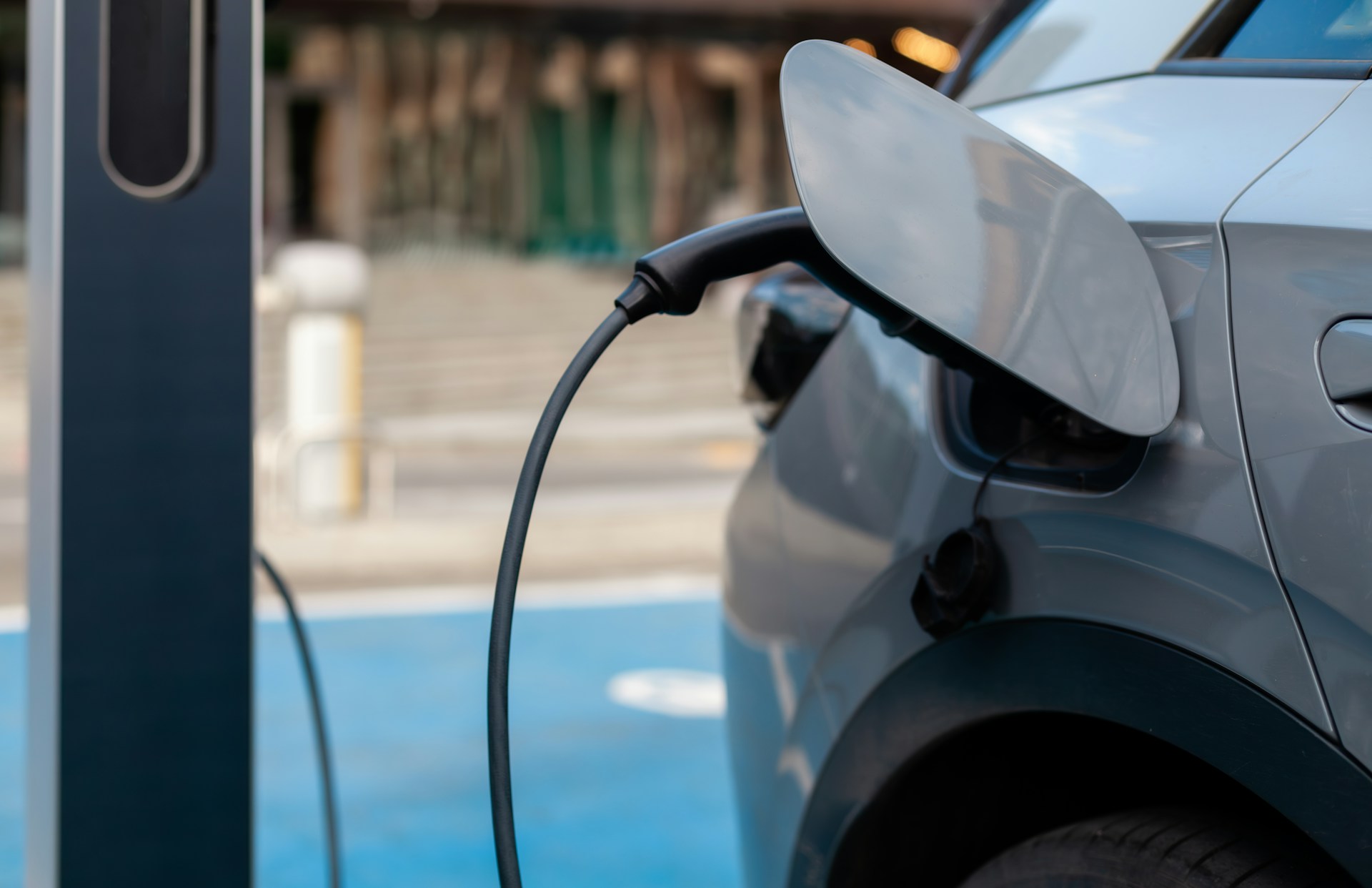
Your car's value is influenced by several factors including mileage, vehicle condition, and local market conditions. High mileage and poor condition can decrease a car's value, while a well-maintained vehicle in high demand can fetch a higher price. Be mindful of these aspects, as they can significantly alter your car's worth. We will discuss some of these factors in more detail:
- Color and Exterior Features: Certain colors and external features can affect a car's resale value. Unique or popular colors may increase value, whereas less popular ones may decrease it.
- Interior Condition and Amenities: The state of the interior and additional amenities like a high-quality sound system or advanced navigation can add to a car's appeal.
- Service History: A full service history showing regular maintenance can increase a vehicle's value as it reassures buyers of its condition.
- Accident History: Cars that have been in accidents typically have lower values than those with a clean history, even if they've been repaired.
- Market Trends: Trends in the automotive market, such as an increased demand for electric vehicles, can influence the value of different types of cars.
- Seasonal Factors: The time of year can impact the value of certain types of vehicles, such as convertibles being more in demand during summer.
- Fuel Efficiency: With rising fuel prices, more fuel-efficient cars tend to have higher resale values.
- Geographical Factors: The value can also vary depending on the region, for example, four-wheel drives may be valued more in rural areas than in the city.
- Warranty Status: Cars still under warranty or those with extended warranty options can be more appealing, thus increasing their value.
- Number of Previous Owners: A vehicle with fewer previous owners may be perceived as more valuable than one that has changed hands frequently.
Impact of Modifications and Aftermarket Additions
Modifications such as installing high-quality performance equipment like a Borla exhaust system or a K&N air filter may appeal to enthusiasts seeking increased horsepower and sound. When well-documented and correctly performed, these enhancements can raise a vehicle's appeal in specialist markets while also potentially increasing its value. For example, a Subaru WRX with performance modifications geared to rally car aficionados may command a higher price in places with a strong rally racing culture.
In contrast, aftermarket upgrades such as highly aggressive body kits, non-standard neon lighting, or radical interior alterations might alienate mainstream consumers, restricting the resale audience and potentially lowering the vehicle's overall value. For example, a Honda Civic with a huge, aftermarket rear wing and underfloor neon lights may be less appealing to the general public than a factory one. It's also worth mentioning that alterations to the vehicle's structural integrity or safety features, such as changing the airbag system or removing factory-installed seats, can dramatically diminish the vehicle's value and render it non-compliant with safety laws.
Impact of Car Depreciation on Your Car Value

Depreciation is the gradual loss of a car's value over time. New cars depreciate faster, affecting their resale and trade-in value. Understanding how depreciation impacts your car's worth is essential for setting realistic expectations, especially if you're planning to sell or trade shortly. Additionally, demonstrating that your vehicle is well maintained can mitigate some depreciation effects, as many dealerships and buyers value cars with minimal wear. Leveraging many tools and resources available in the automotive industry can help you assess your car's condition accurately and ensure you're asking for a fair price, reflecting the true market value and the care you've invested.
Furthermore, knowing the common depreciation rates for your car's make and model will help you anticipate its future value, allowing you to make better judgments about when to sell or trade it in. Cars often lose the majority of their value in the first three to five years, making this time essential for owners considering resale. However, some brands and models hold their value better than others due to their reputation for dependability, performance, and low maintenance expenses. Understanding these tendencies allows you to better predict the lifespan of your car's value and determine the best moment to sell, ensuring that you maximize your return on investment while navigating the inevitable impact of depreciation on your vehicle's market value.
Trade-In Car Value vs Resale Car Value
Trade-in value is what dealers offer you when trading in your car, typically lower than the resale value you could get from a private sale. Understanding the difference between trade-in and resale values can help you decide the best route for selling your vehicle. Consider the convenience of a trade-in versus the potential higher earnings from a private sale. Factoring in the effort and time required to sell a used car privately is crucial; while it may secure a higher price, it demands more from the seller. Assess your vehicle’s approximate value in both scenarios and determine if the car trade-in offers align with your car's worth. Remember, the goal is to optimize the financial outcome of your transaction, whether through immediate convenience or maximized earnings from the purchase.
Negotiation Techniques When Selling a Used Car

Effective negotiating skills can have a substantial impact on the final selling price of an automobile. Before entering into discussions, do extensive research to determine the current market value of your car. This knowledge gives you the confidence to justify your asking price and may prevent you from accepting bids below market value. Begin the negotiation with a somewhat higher asking price than you expect to receive, leaving an opportunity for negotiation. Be honest about your car's condition, emphasizing its primary features and any recent repairs or upkeep. This transparency fosters confidence among potential purchasers and can result in a more advantageous agreement.
Pay close attention during negotiations to the buyer's worries and objections. This might offer you useful information about what the buyer values and any reservations they may have. Use this information to highlight the benefits that suit their needs or to provide compromises that will lead to a mutually beneficial agreement. Prepare to walk away if the offer does not meet your minimum acceptable price. However, remain open to counteroffers and be reasonably flexible. Remember, good negotiating is about striking a balance that benefits both sides while ensuring you get a fair price for your vehicle.
What Are the Options After Your Appraisal?
Once you've appraised your car, you can decide whether to sell it privately, trade it in, or keep the vehicle. If selling set a fair asking price based on your research. For trading in, negotiate based on the trade-in offer and knowledge of your car's worth. If keeping, use the information to ensure your car is adequately insured or to plan for future selling or trading. In addition, factor in the private party value and retail value when setting your price, as these figures can greatly influence your decision. Engage with car dealers to understand the used vehicle market better and always compare the actual offer to the market standards for used cars, ensuring you get the best deal whether you decide to sell, trade-in, or hold onto your vehicle.
Exploring online sales platforms might also expand your options, particularly if you choose a private sale. These platforms can give you access to a broader pool of possible buyers, boosting the chances of finding someone prepared to pay your asking price. When listing your vehicle online, make sure your advertisement is detailed, including images and a full description of the car's condition, history, and any distinguishing features. This transparency can attract serious bidders and help to speed the sales process. Consider the simplicity and potential tax benefits of trading in if you want to purchase another vehicle. Dealers frequently provide trade-in incentives that can reduce the total cost of your future automobile, making it a more financially tempting option than a private sale. Regardless matter the path you take, presenting your car in the finest possible condition and equipped with an accurate valuation will give you an advantage in any deal.
Summary
Understanding the value of your car is crucial for making informed decisions regarding selling, trading in, or refinancing. By gathering comprehensive information, researching market trends, and considering local conditions and your vehicle's specifics, you can accurately determine your car's worth and navigate the automotive market confidently. This knowledge empowers you to secure the best possible deal, whether you're purchasing a new car, selling a used car, or assessing the current market value for refinancing purposes. Ensuring you receive a fair price for your vehicle maximizes the return on your investment and conserves money for future needs. Familiarity with the market also places you in a stronger negotiating position, whether dealing with used cars or new models.
Tips and Q&A
-
How Much Will My Car Lose in Value in 5 Years?
A car can lose 20% to 40% of its value within the first year and around 60% over five years. Exact depreciation varies based on make, model, and market conditions.
-
How Do Insurance Adjusters Determine the Value of a Car?
Insurance adjusters consider the car's pre-accident condition, market value, mileage, and similar cars' selling prices to determine its value after an incident.
-
At What Mileage Should I Sell My Car?
Consider selling your car before it reaches high mileage — typically around 60,000 to 70,000 miles — as value drops significantly due to perceived wear and risk of expensive repairs.

